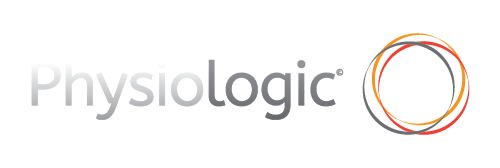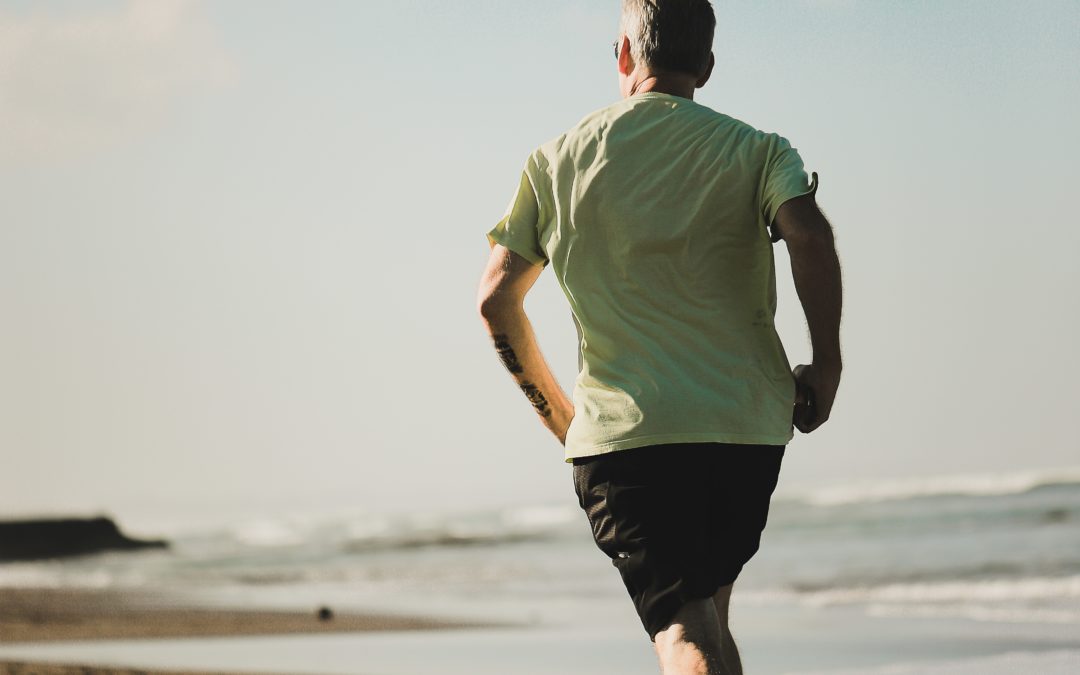SO you’re over 55, got an arthritic joint and you’re at a higher risk of problems associated with COVID-19, self isolating and/or limited outdoor time
Managing Osteoarthritic (OA) joints can become a little difficult especially when a large part of the management of chronic OA revolves around exercise.
an OA joint may cause you to feel
- Pain
- Stiffness – morning especially
- weakness
- Crunching or grinding noise
- Poor exercise tolerance
- giving way (lower extremity joints eg. hip / knee)
The best way to manage your OA well in the coming months is
A) Watch your weight
- your activity levels are likely to be less – make sure you offset this by doing your best to avoid weight gain
B) Diet
- ensure a nutritious balanced diet – there is some evidence to suggest that anti-inflammatory foods play a role in reducing inflammation associated with OA
C) Exercise
- it is important to continue to exercise to a level that doesn’t make your symptoms worse
- a combination of strengthening exercises is best – Physio can help here
- avoid peaks and troughs in your activity levels – often pain presents if you’ve had a break and then try to resume
D) Medication
- when needed anti-inflammatory medications can be helpful
- natural remedies may also help
E) Sleep
- to date sleep is the only proven recovery and rejuvenating activity that is research backed
- also sleep appears to impact on the severity of ones symptoms ie. Less or poor sleep seems to make things worse
D) Physiotherapy
YES! Exercise and physiotherapy can greatly affect joint healthy – improve your function and reduce pain. Physiotherapy and education should be the first port of call before any surgical procedures.
WHY and HOW does Physio help?
- Osteoarthritic joints need a healthy amount of load – this can promote cartilage growth by stimulating synovial fluid to nourish the joint
- Bones become stronger and resilient with weight bearing exercises
- Weight loss reduces the direct load on the joint
- Exercise can decrease inflammatory chemicals around the body that may contribute to OA
- Pain relief – Exercise release endorphins that can cause less pain and increased feelings of well being
- Exercise benefits the cartilage by developing stronger muscles / increase range of motion and better muscle motor control

